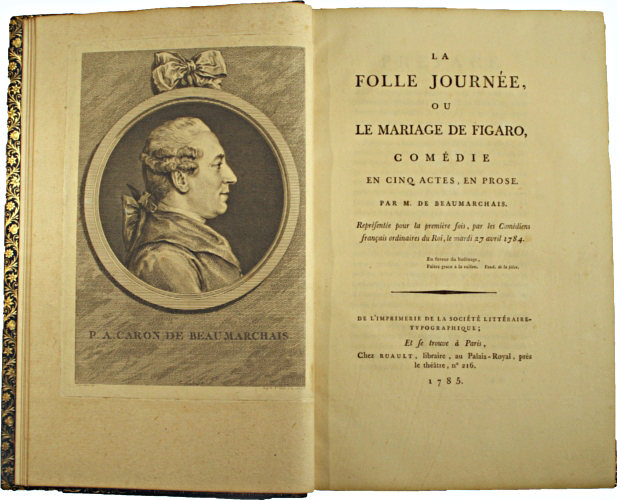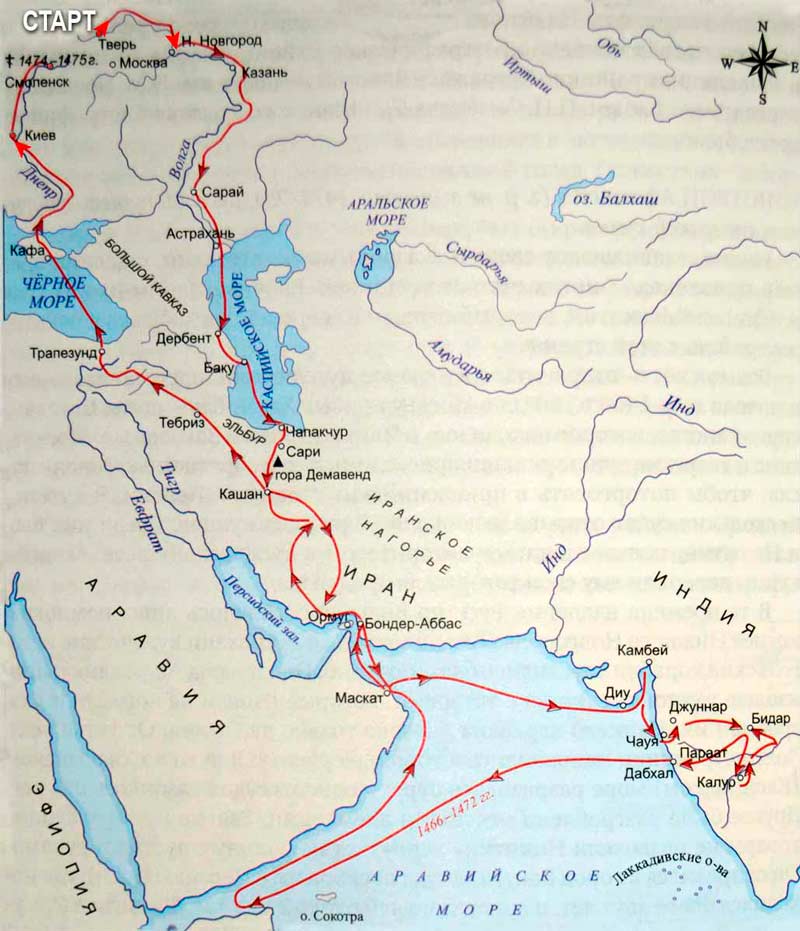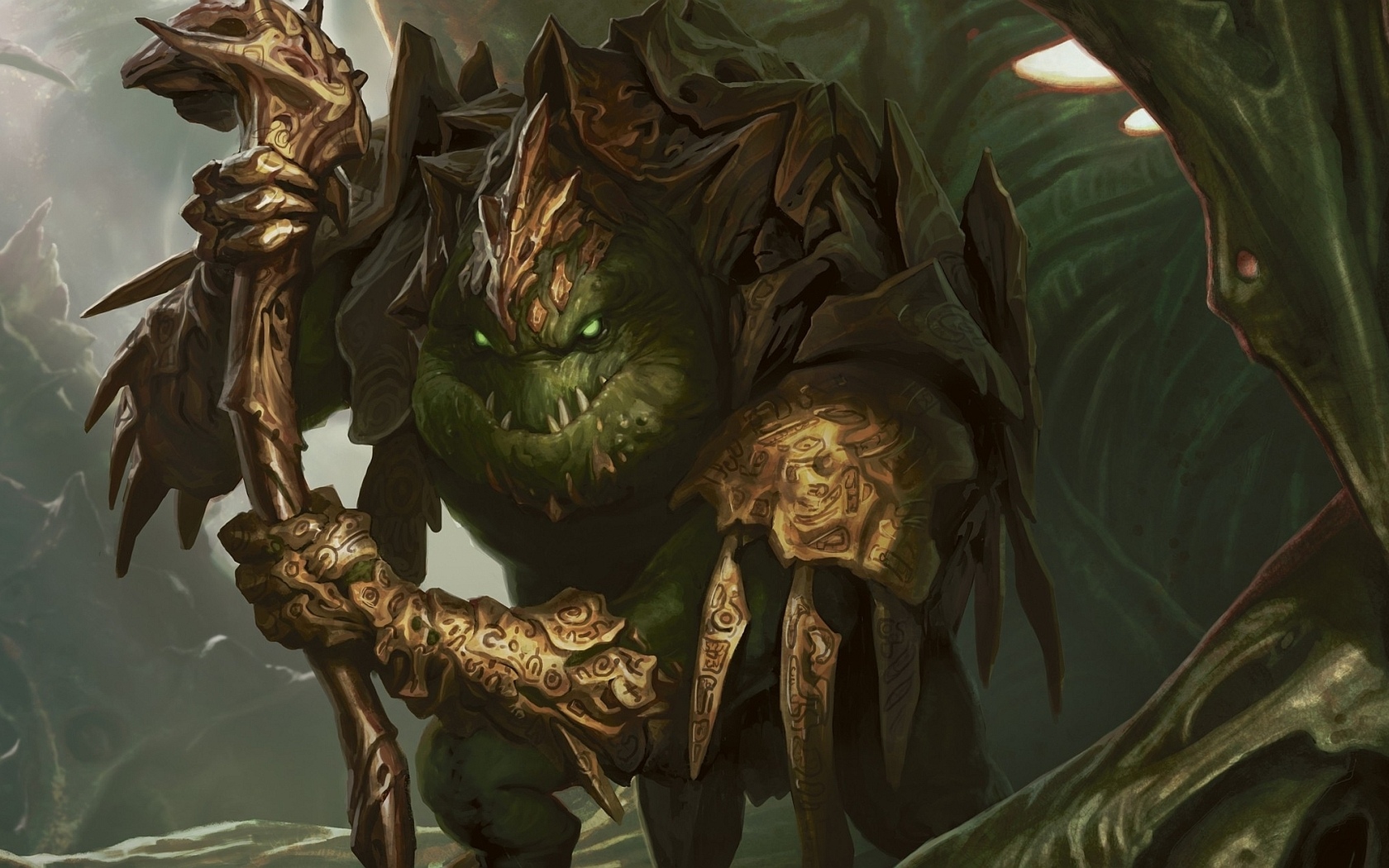focus on the problem
Leo Tolstoy “Confession”
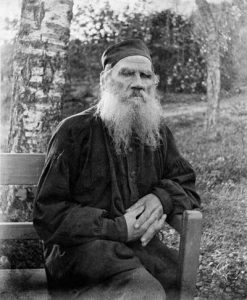 The first of the works of Leo Tolstoy, in which he preached the moral-religious teaching (Tolstoyanism) that appeared in his mature age, was Confession (started in 1879 and completed in 1882). At one time she was not missed by Russian censorship. Printed in Geneva and in Russia distributed in lists. Confession is above all that he wrote afterwards; in purely literary terms, this is a masterpiece that is on a par with such things as the Book of Job, Ecclesiastes, and Confession of Blazh. Augustine. It is one of the greatest and forever living expressions of the human soul in the face of the eternal mystery of life and death. Continue reading
The first of the works of Leo Tolstoy, in which he preached the moral-religious teaching (Tolstoyanism) that appeared in his mature age, was Confession (started in 1879 and completed in 1882). At one time she was not missed by Russian censorship. Printed in Geneva and in Russia distributed in lists. Confession is above all that he wrote afterwards; in purely literary terms, this is a masterpiece that is on a par with such things as the Book of Job, Ecclesiastes, and Confession of Blazh. Augustine. It is one of the greatest and forever living expressions of the human soul in the face of the eternal mystery of life and death. Continue reading
Two crosses of Konstantin Batiushkov
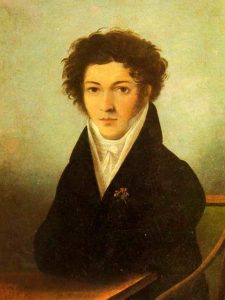 This year marks the 230th anniversary of the birth of Konstantin Nikolaevich Batyushkov (1787–1855) and the 200th anniversary of the release of his only book, the two-volume book Experiments in Verse and Prose (1817). An outstanding personality – bright, heroic and tragic – the Russian poet Konstantin Batiushkov occupied a special place in the history of Russian literature. Pushkin considered him one of his teachers in poetry, recognized the works of Batiushkov as a poetic miracle and in this sense called him a “wonderworker”. Continue reading
This year marks the 230th anniversary of the birth of Konstantin Nikolaevich Batyushkov (1787–1855) and the 200th anniversary of the release of his only book, the two-volume book Experiments in Verse and Prose (1817). An outstanding personality – bright, heroic and tragic – the Russian poet Konstantin Batiushkov occupied a special place in the history of Russian literature. Pushkin considered him one of his teachers in poetry, recognized the works of Batiushkov as a poetic miracle and in this sense called him a “wonderworker”. Continue reading
Akaky Akakievich Bashmachkin in the story “The Overcoat”
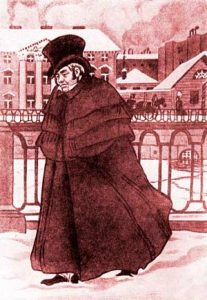 The Gogol story “The Overcoat” (see its full text, summary and analysis) depicts a petty, downtrodden and pathetic official Akaky Akakiyevich Bashmachkin (see his description in the text of the work). He is so humiliated, so intimidated, so offended by fate that, apart from the mechanical rewriting of papers, he does not know how to do anything. He says more pronouns and interjections, is afraid of mocking co-workers and trembles in front of the authorities. Continue reading
The Gogol story “The Overcoat” (see its full text, summary and analysis) depicts a petty, downtrodden and pathetic official Akaky Akakiyevich Bashmachkin (see his description in the text of the work). He is so humiliated, so intimidated, so offended by fate that, apart from the mechanical rewriting of papers, he does not know how to do anything. He says more pronouns and interjections, is afraid of mocking co-workers and trembles in front of the authorities. Continue reading
